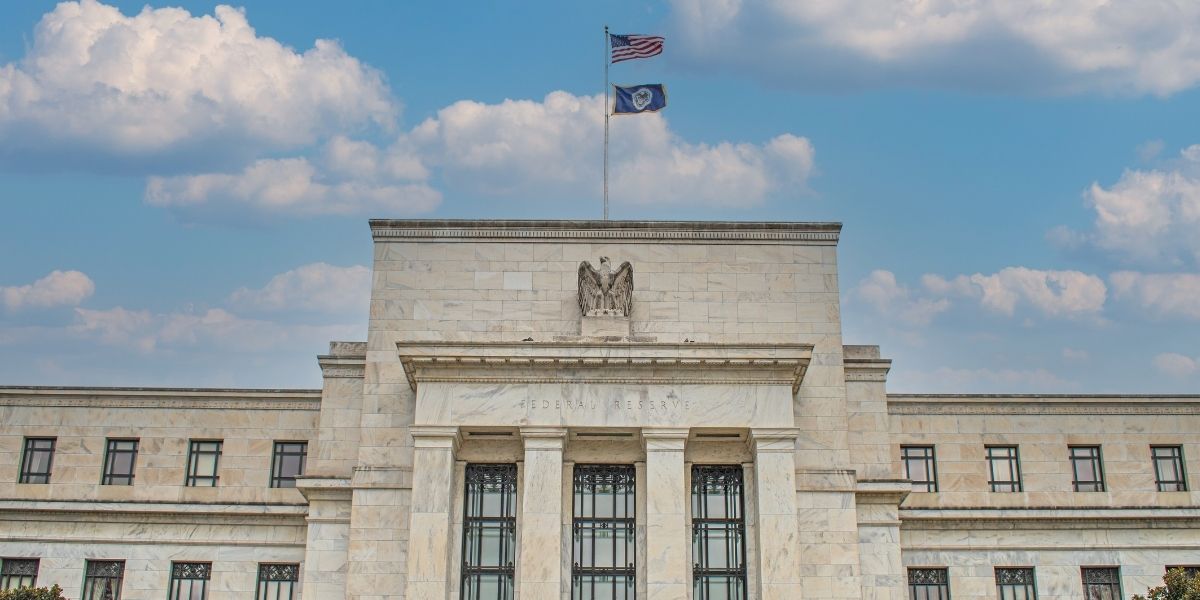Peter Brandt, a renowned trading expert, celebrated his 50th year in the financial markets with a bullish forecast for Bitcoin‘s (BTC) future performance. In a recent article, Brandt referred to Bitcoin as “the trade of his life,” while highlighting its unique significance in the financial markets. Over his illustrious career spanning more than fifty years, Brandt recalled his first trade in pre-1964 silver quarters and dimes futures contracts at the New York Mercantile Exchange in 1971.
Leading the Cryptocurrency Market
Throughout his extensive trading journey, Brandt has dealt in various futures contracts ranging from corn to gold, from treasuries to copper, and even from sugar to palm oil. However, what captivated Brandt and led him to include it in his portfolio, alongside other cryptocurrencies like Ethereum, was the emergence of Bitcoin. Despite having explored altcoins, Brandt is resolute that Bitcoin stands as a viable investment on its own.
In a blog post linked to his recent tweet, the analyst discussed Bitcoin’s unique features, pointing to its unhackable nature, limited supply, global acceptance, and fast transaction capabilities.
The experienced analyst acknowledged the rapid increase in the number of altcoins and memecoins, claiming that their existence owes much to Bitcoin, thereby underscoring the leading cryptocurrency’s pioneering role in shaping the cryptocurrency market.
Brandt’s Bold Bitcoin Prediction
Examining Bitcoin’s historical price trends, Brandt noted its tendency for parabolic progress since its inception. Despite significant corrections, according to the analyst, BTC continues its upward trajectory, marked by a rise that began at the end of 2022. Brandt’s shared price chart depicts this ongoing upward trend, setting an ambitious price target of $125,000.

The analyst’s bullish forecast follows his belief in Bitcoin’s potential to revolutionize the global currency system. In this context, he sees the leading cryptocurrency not just as an investment tool, but as a bold venture challenging the traditional monetary system.

 Türkçe
Türkçe Español
Español









